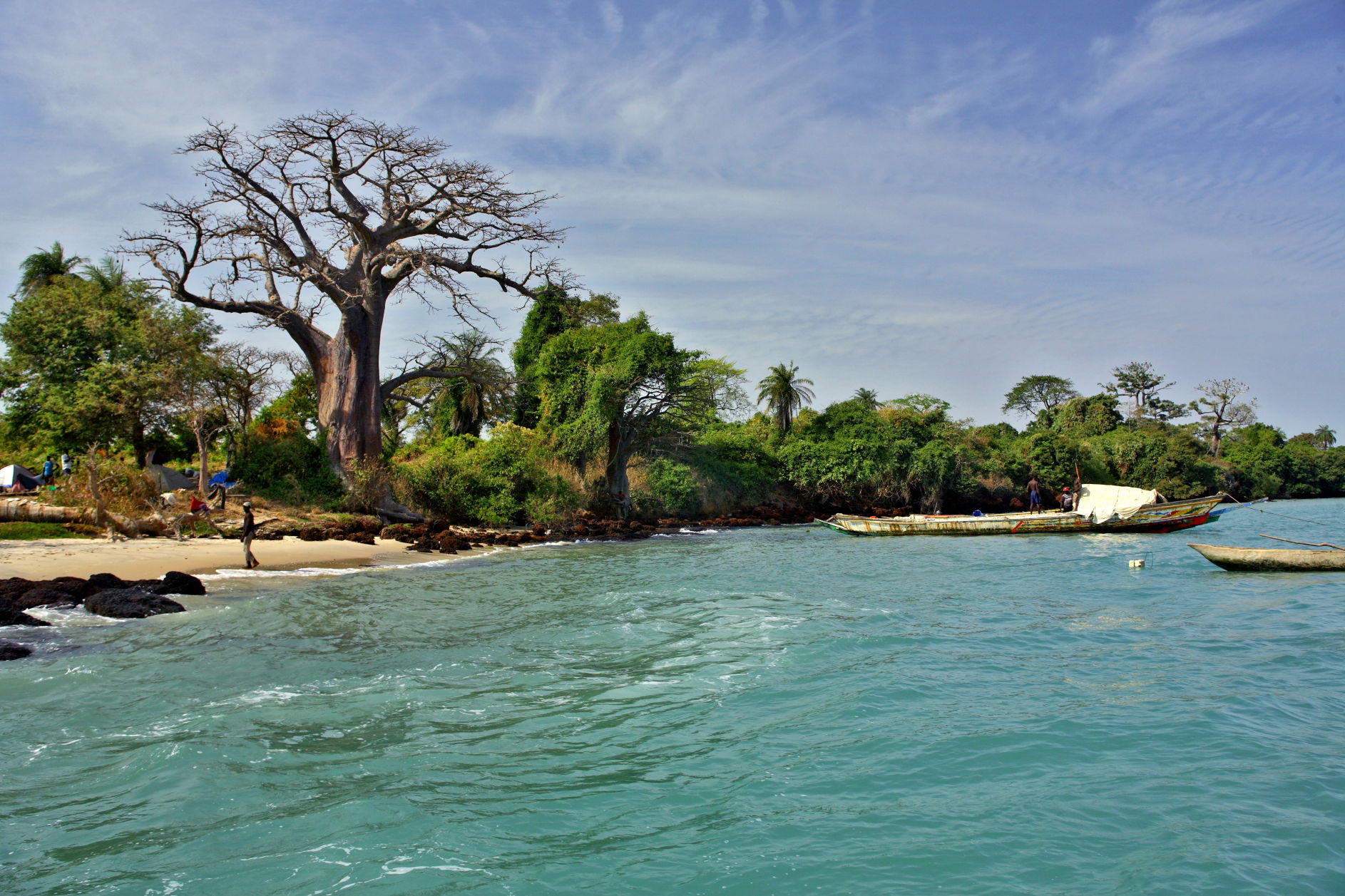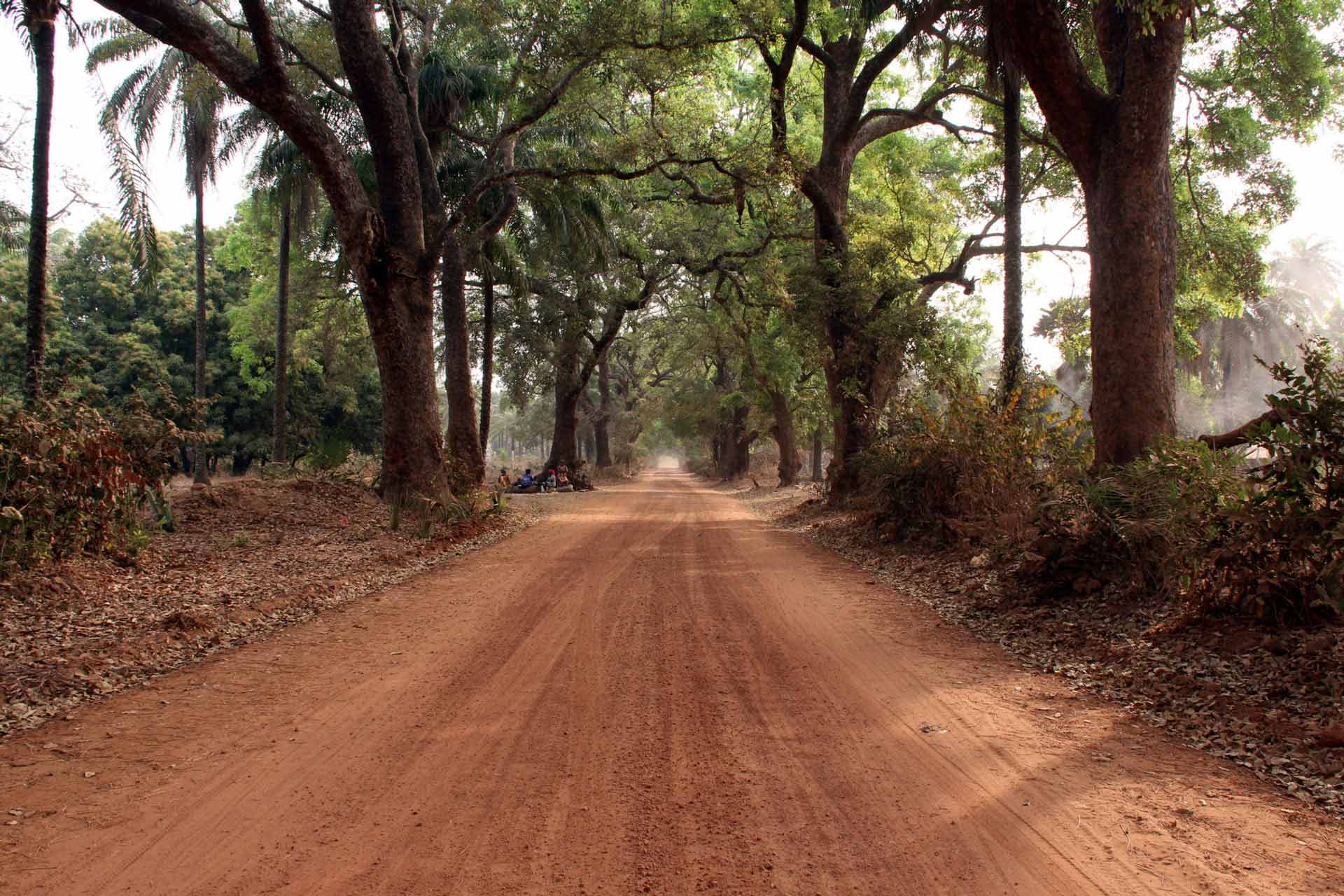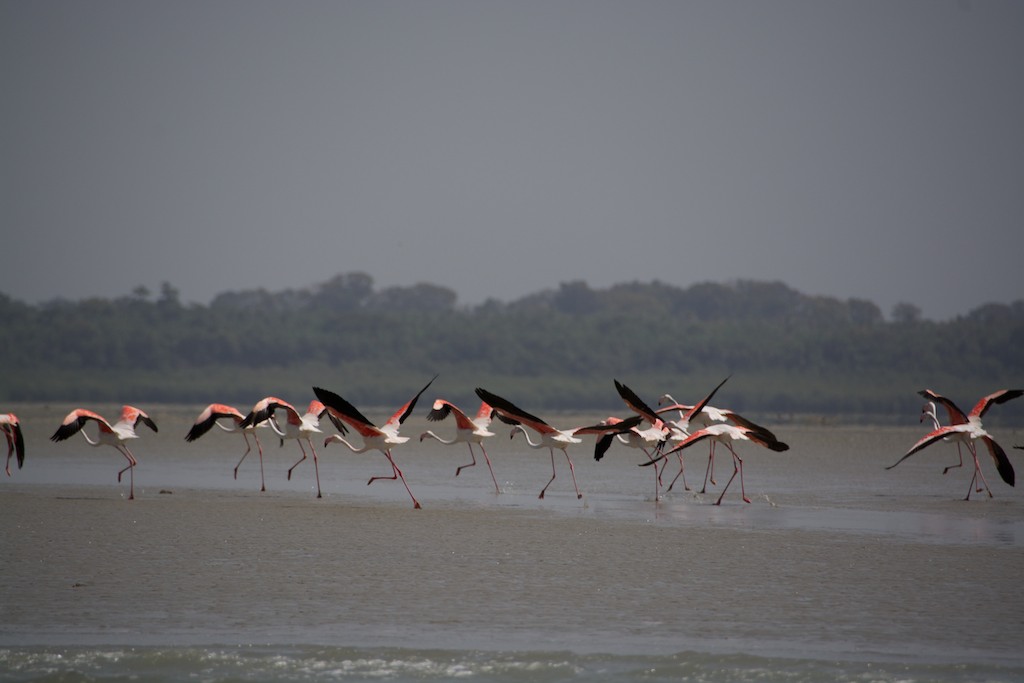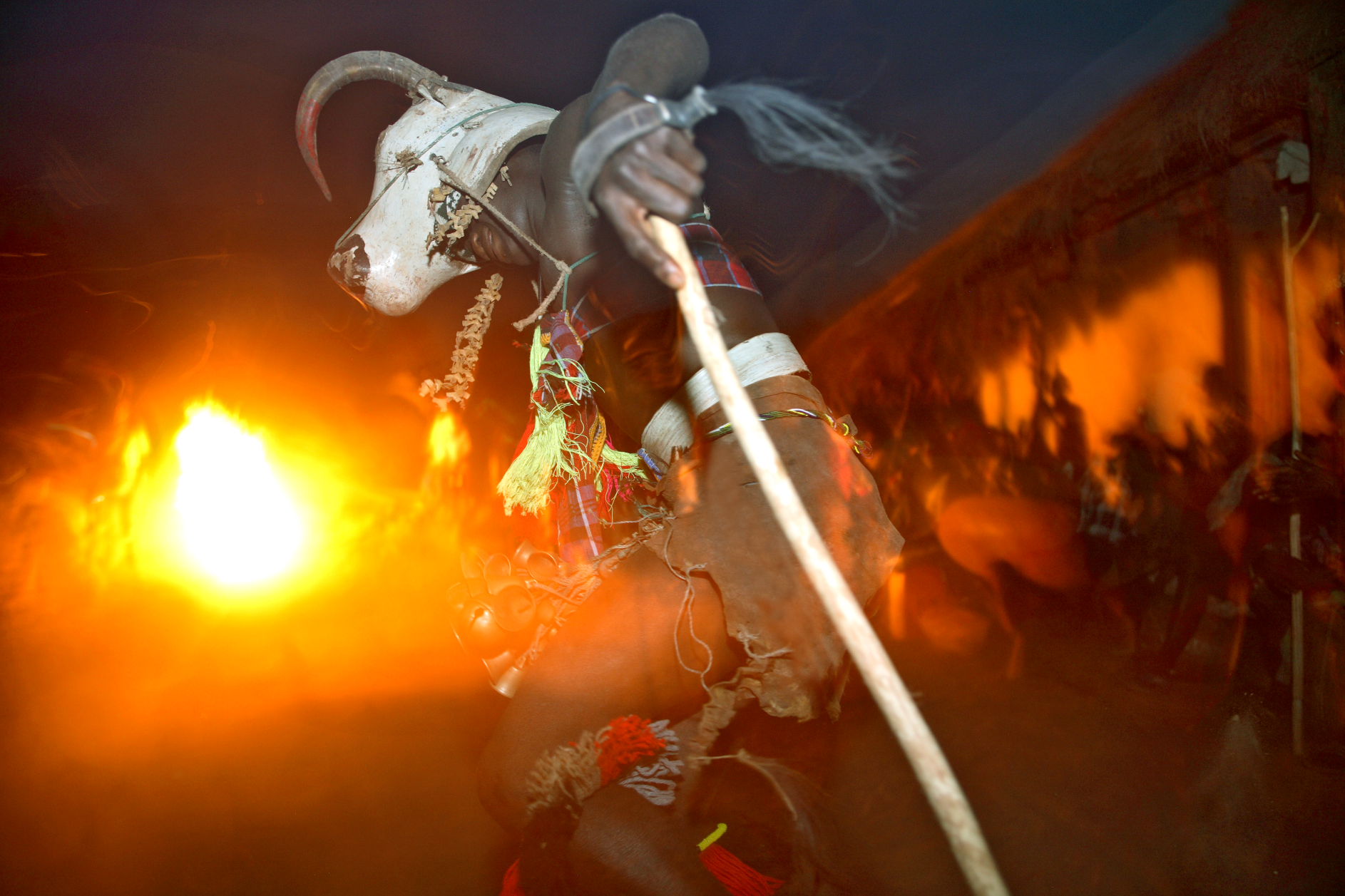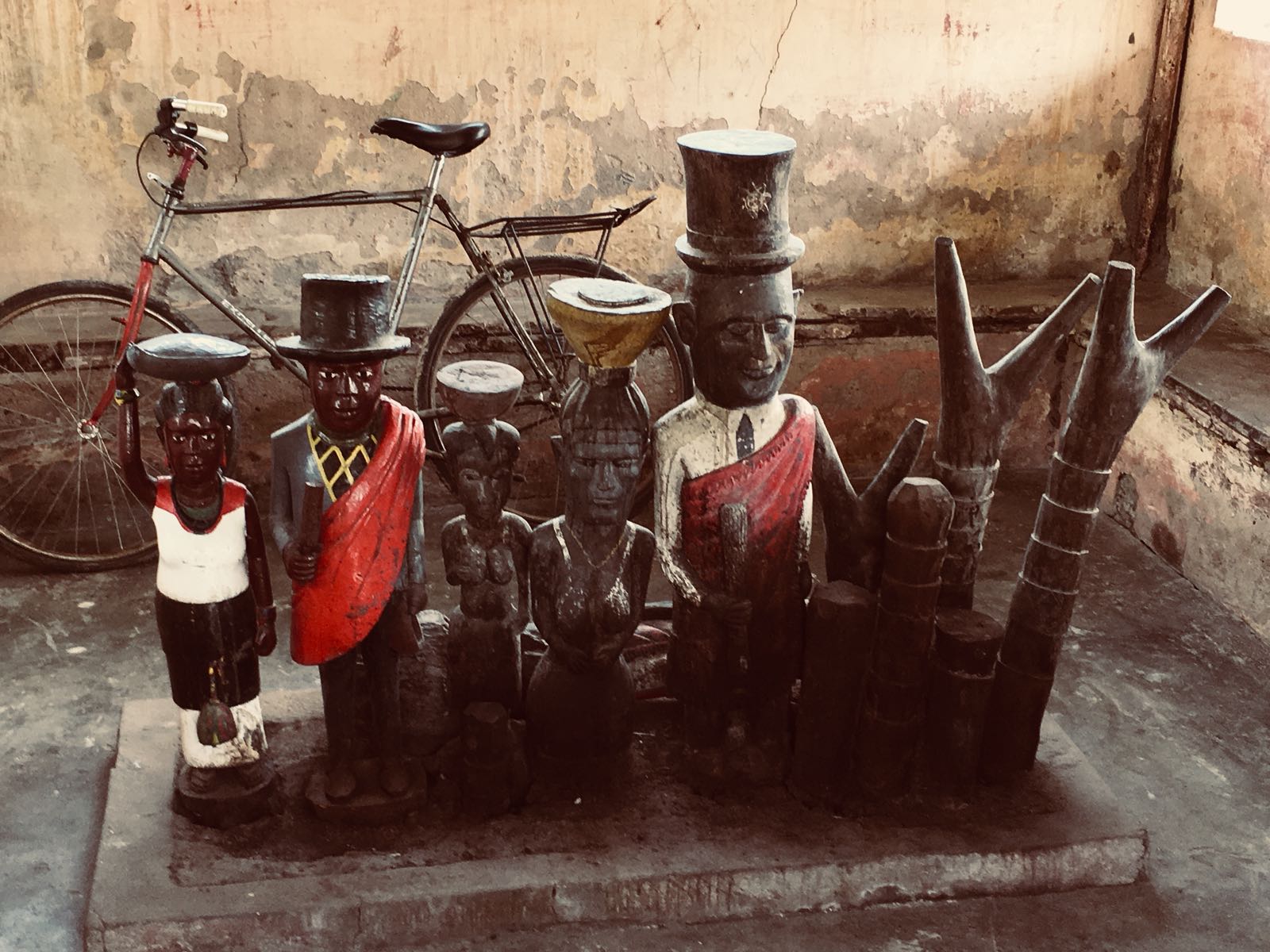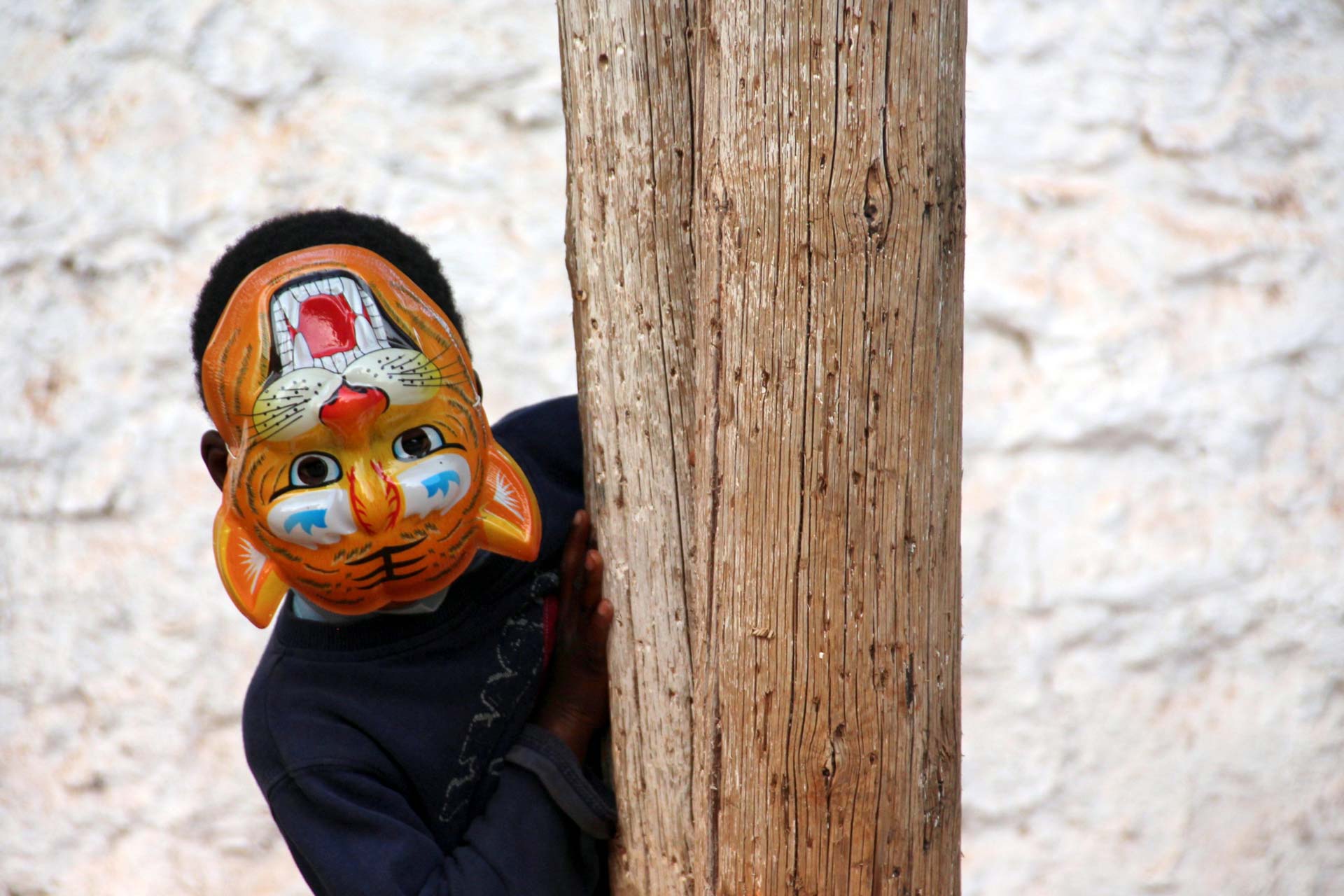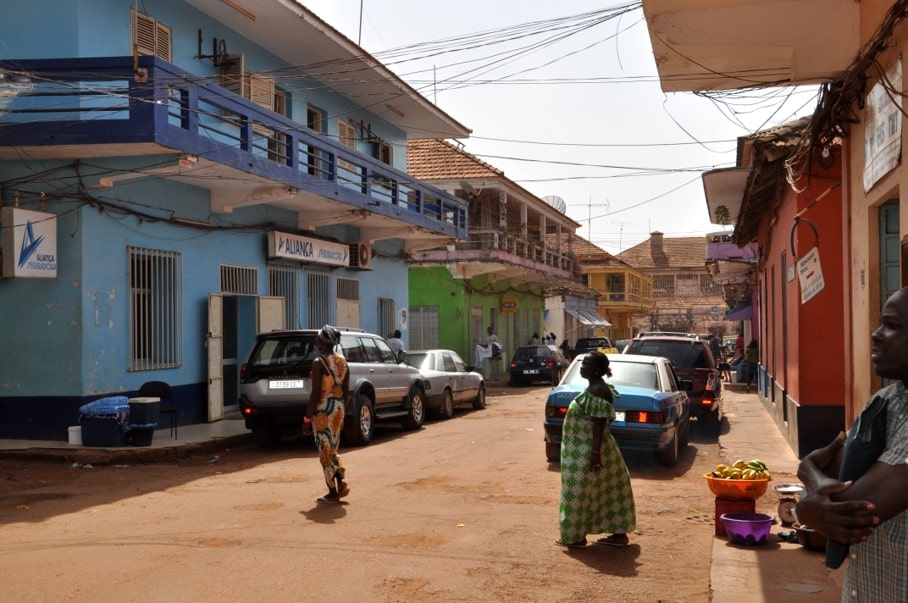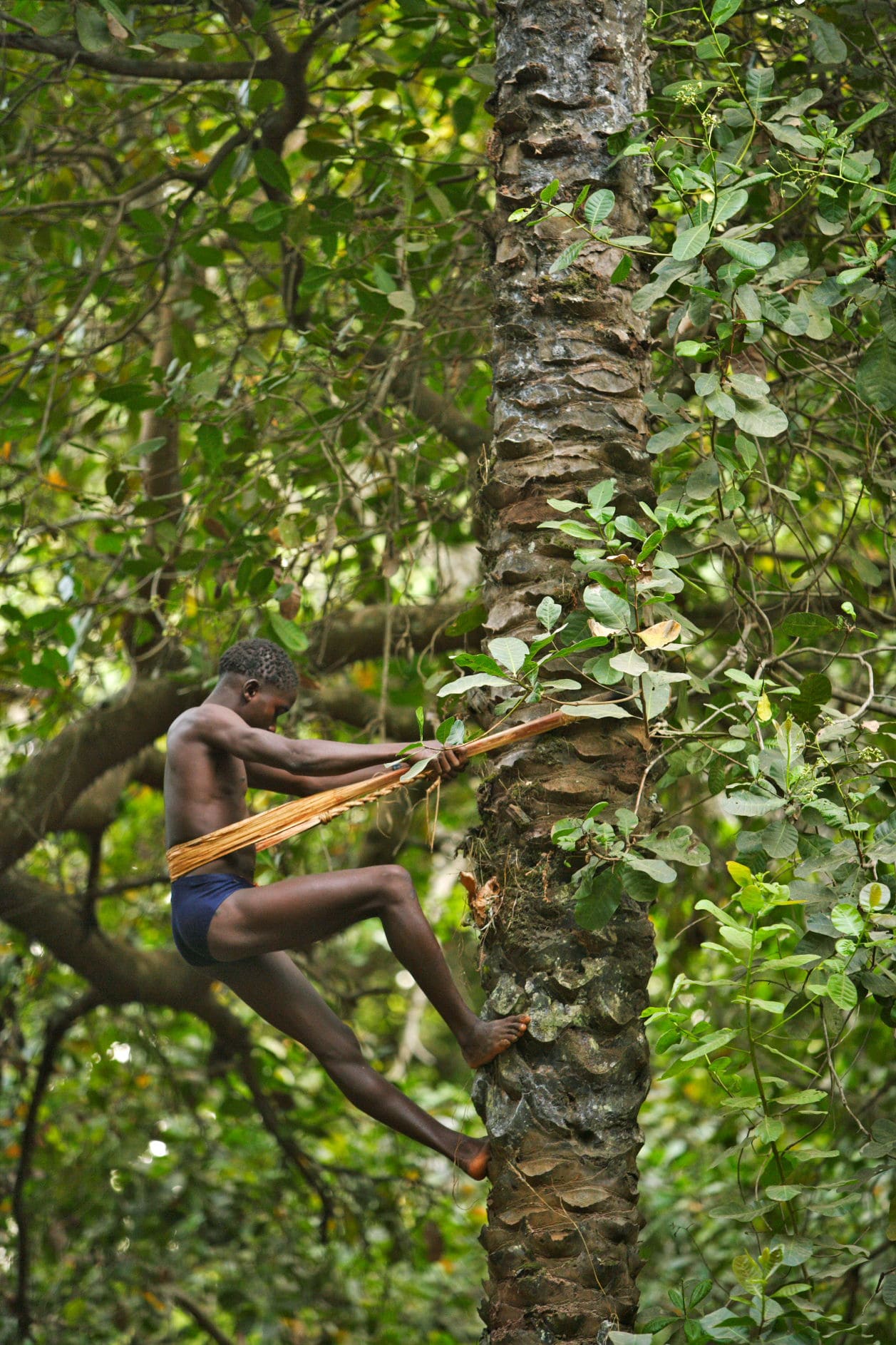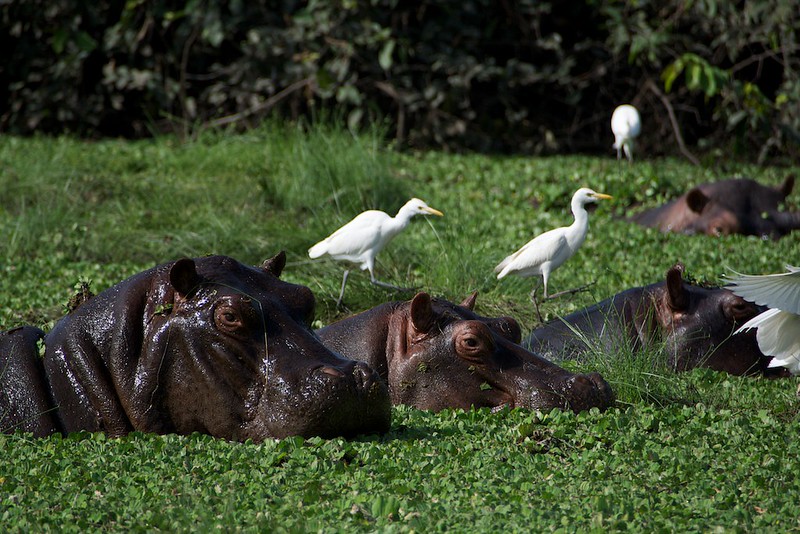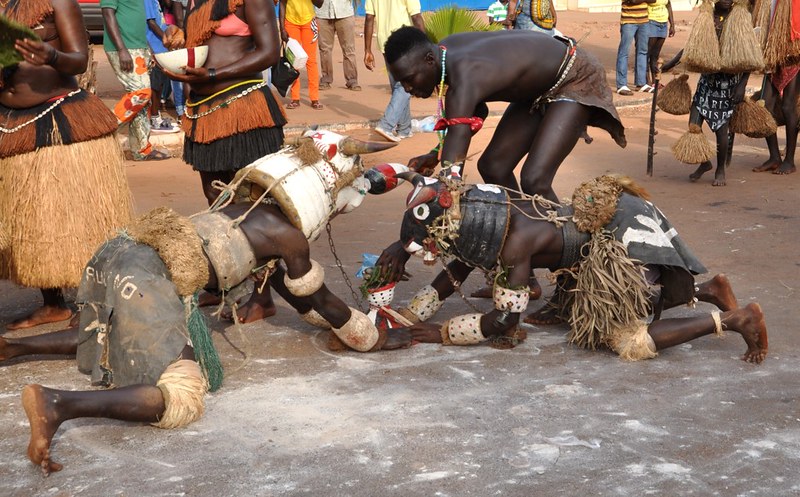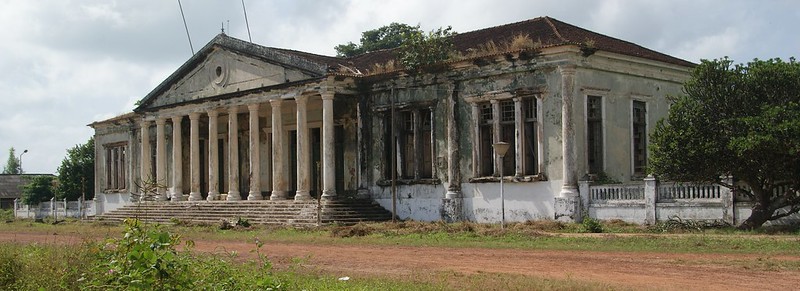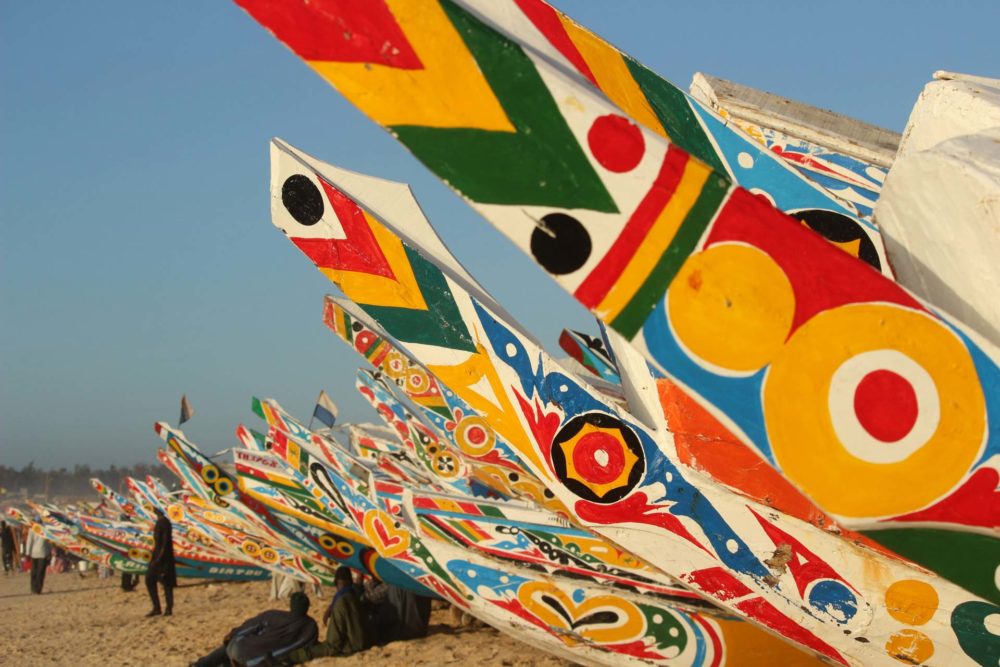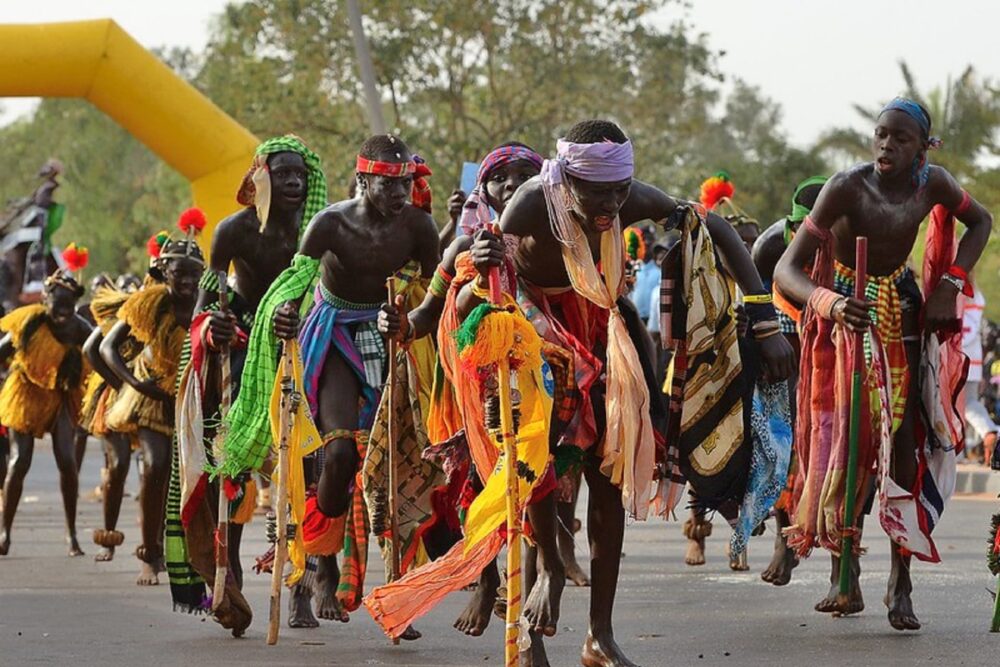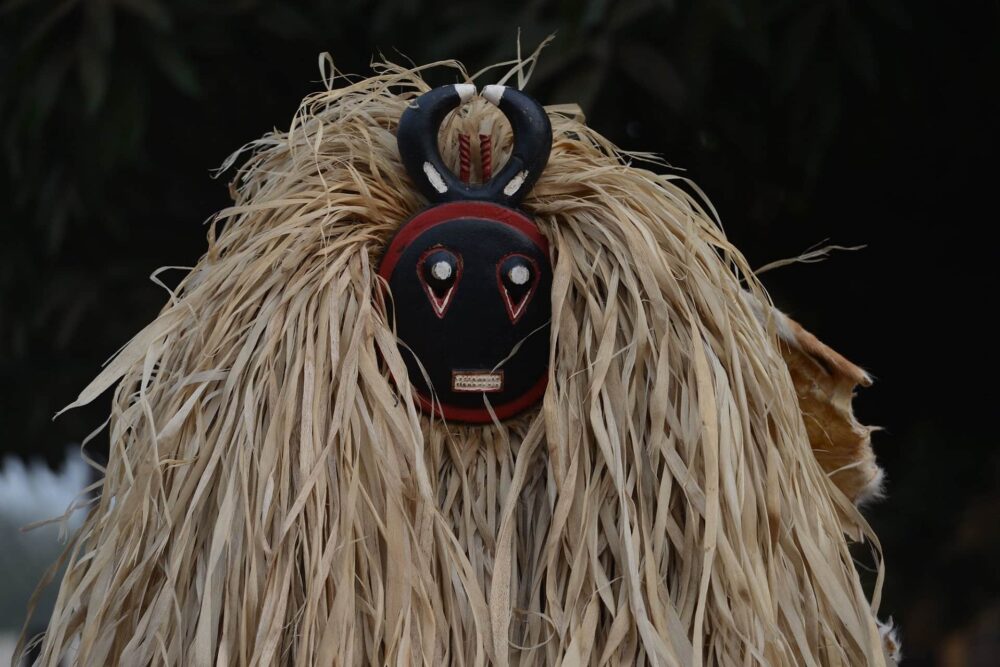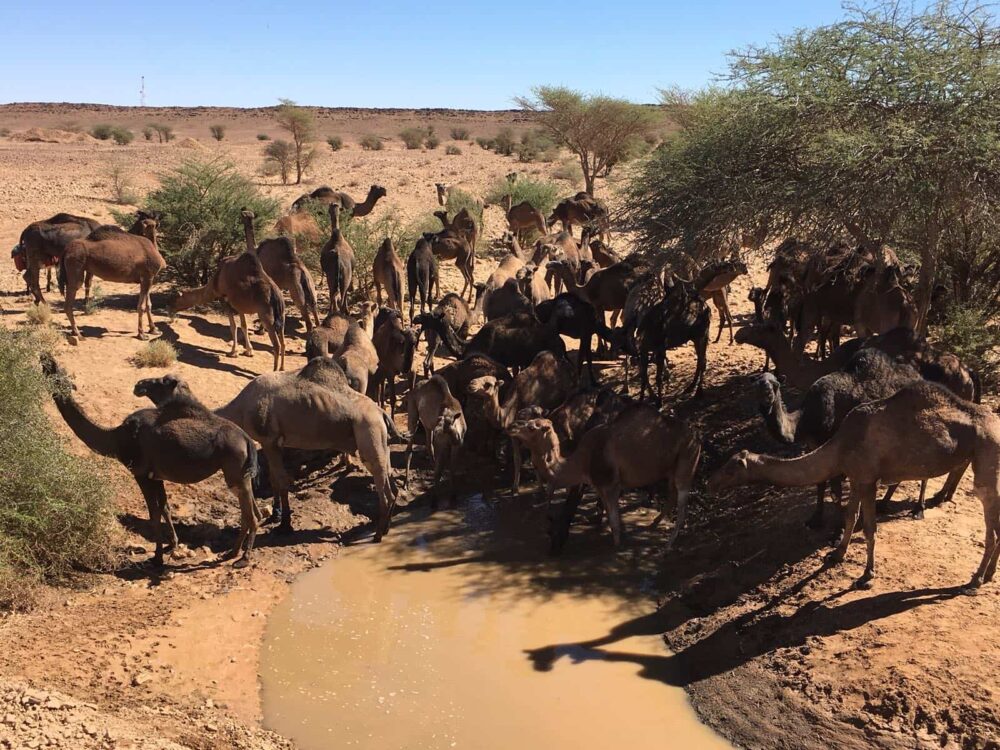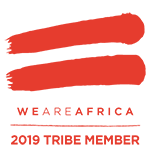Description
GUINEA BISSAU & BIJAGOS ISLANDS
Guinea Bissau, a remote country where borders between water and land change with wide- ranging tides covering and uncovering mangroves, beaches, and estuaries. A trip that will take us to pristine forests, remote villages, animistic ceremonies, and to the largest archipelago in Africa: the Bijagos. Most of the Bijagos islands have no permanent settlements and are a real paradise for many species of bird and rare fauna. Finally, the capital, Bissau, is a great opportunity to experience the intriguing mix of Portuguese and African styles in a unique and special vibe.
An itinerary aiming at discovering nature and culture as well as enjoying some relax by the blue-ocean and wild beaches where our footprints are the only tracks.
For travelers who look for something new and very special in Africa!
What is Special about the trip:
Thanks to the remoteness of the destination, African tribal culture is still untouched. We will be introduced to animistic traditional religions, traditional kings, dancing masks, and tribes who still worship their ancestors’ statues, also nature has remained intact and rare animal species lives in the islands.
Unique events included in the different departures:
- Carnival is the main national festivity in Guinea Bissau. Carnival is an incredible mix of African and Portuguese traditions. Carnival goes wild in the afternoon, colorful masks from different areas and neighborhoods start their parade: sacred traditional masks, warriors dressed in crocodile skins and armed with arrows, contemporary masks made of papier-mâché, all surrounded by girls wearing only strings of crystal beads around their waist. Hours of lively dancing parades turn this carnival into an unforgettable experience, a real “fiesta popular” combining cheerful African spirit with Portuguese and Brazilian influences.
Departure date including this unique event: February 23rd, 2025
- Vaca Bruto sacred mask ceremony. In Bijagos Islands, life is still ruled by the cycle of seasons; during the long dry season, when the harvest is over, the main ceremonies and masks dance take place. The most spectacular Bijago mask is called Vaca Bruto (wild bull) and is a wooden helmet mask with eyes of frosted glass, real horns, leather ears, and a rope through the nostril. During the Vaca Bruto ceremonies dancers embody the spirit of the mask with great realism: they bow and face the ground, just like a real untamed animal would do. Vaca Bruto represents a step of the male initiation and only the initiated can ware this mask. Vaca Bruto or wild bull is the stage in which young men are a strong and brave warrior (as wild bulls) but don’t have reach the maturity and wisdom to be a chief warrior.
Departures dates including this special event: March 06th 2025 and April 17th 2025.
- Cabaro, masks from the ocean. Cabaro dancers are intriguing masks shaped like the most powerful and dangerous fish in the ocean such as sharks and hammerheads. Bijagos are islanders known to be proud warriors capable of attacking islands and territories on the mainland because of their ability and courage to sail long distances with their dugouts in the ocean.
To dominate the ocean and raid warfare, they have formed a mystical alliance with the most powerful and aggressive sea creatures, whose spirits are represented by masks.
Departures dates including this special event: March 06th 2025 and April 17th 2025.
- Turtles’ nesting. Poilao Island, in the Bijagos Archipelago, considered the main nesting site for the great Green Sea Turtle (Chelonia Midas) in West Africa, is an uninhabited site of great beauty. When the dark comes, we wait in silence on the beach a magic moment when a female emerges from the ocean and digs the deep hole where she then lays her eggs. With a bit of luck, there are good chances that we will witness this natural wonder of nature and/or the hatching! … with the tiny turtles coming out of the sand to join the Ocean and start a long journey that will take them back to this same island 30 years later, when they reach sexual maturity.
Departures dates including this special event: January 23rd 2025, October 30th 2025, December 4th 2025 and December26th 2025.
- Saltwater Hippos. Orango is a remote group of Islands and a protected wild area compose by 4 islands separated only by sea lochs and canals. Among the many species living in this pristine paradise there is a unique mammal: the spectacular “saltwater hippo”. These rare animals mainly live in ponds surrounded by the mangrove flooded forests and sometimes even go for a swim in the ocean. During the right season these large mammals move to some pounds where, with a bit of luck, our local ranger will be able to bring us with a walk.
Departures dates including this special event: January 23rd 2025, October 30th 2025, December 4th 2025 and December26th 2025.
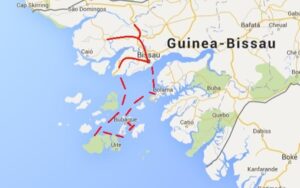
DAY 1: BISSAU
Arrival in Bissau and transfer to the hotel.
DAY 2: MAGICAL VILLAGES, (150 Km, 4 hour drive)
Full day to explore an area inhabited by the Pepel people who live in typical clay huts covered with a thatch roof Lunch in a local restaurant.
At the heart of a tiny village, we will meet a fetish priest who can consult the spirit of the deceased as we are in a deeply animistic culture.
Visit of an old local rum (called Cana) distillery dated from the colonial period: we will be wrapped in the smell of the tons of sugar cane which get crushed and refined every day in this firewood powered distillery.
Return to Bissau, stop in an open-air bar known in town for the best tropical version of mojito and dinner at a restaurant in the lively part of Bissau
DAY 3: MANKANYA TRIBE, (2:30 hours drive).
Morning, discover the capital. The harbor with the women selling fish just arrived from the ocean. Stroll in Bissau-Vehlo: the old Portuguese quartier, impregnated by an atmosphere that reminds us of Portugal’s days gone by. Here we can experience the mix of African and Portuguese souls. Fortaleza Amura is built in stones. Walk in main avenue with its large buildings in perfect colonial style, the palace of Justice, the Catholic Cathedral, the presidential palace, the more recent Independence Monument, and Che Guevara Square. The visit will pass through the artisan center and Bandin, the large and busy central market. Afternoon drive to the territories of the Mankanya tribe to meet the local King (Regolo) and learn directly from him about the culture of his people.
Arrival in Cacheu on the great river of the same name. Cacheu was one of the first Portuguese settlements in black Africa, dating back to 1588, chosen for the navigability of the river and becomes an important trading point. Since then, there remains a population resulting from a mixture of locals, European, outcasts and adventurers called “lancados”, Cap Verdian traders and prisoners that accepted the exile as an alternative to prison in Portugal, called the “degradados”. Interesting the tiny fort and the slave trade museum that will open for us.
DAY 4: TRIBAL ART STILL IN ITS CONTEXT, (4 hour drive)
Left the main road for a tiny track to discover the more remote Manjacu settlements.
Some Manjaco households within the traditional large patriarchal houses have an ancestor altar made of sculptured wooden poles called “Pecab” representing the spirits of their ancestors; they are kept in sanctuaries known as “Cab Balugun”. We visit tiny villages hidden in the forest to discover, with the permission of the elders, sacred wooden carvings that vary in age and style, from centuries-old: from abstract statues to the more recent naturalistic style influenced by contact with the Western world. It is a unique opportunity to enjoy tribal art in its original cultural context: the village, and discover the changes of stiles of an old tradition that has survived to the colonial time and maintain its vitality in the contemporary world. Afternoon arrival in Bissau.
DAY 5: THE GHOST CAPITAL OF THE BIJAGOS ARCHIPELAGO, from Bissau to Rubane (speed boat)
On board a speedboat, we start a 5 days sailing to discover the Bijagos Archipelago with its remote islands, isolated human settlements and unique wildlife.
The Bijagos Archipelago, the largest archipelago in Africa and located approximately 40 miles off-shore, has 88 islands of which only 21 are permanently inhabited. Thanks to its wild and pristine landscapes, its genuine tribal culture and its unique fauna, Bijagos is a “geographical jewel”.
Due to the remoteness of the destination, the lack of transportation and the deep attachment to the local traditions, the Bijagos inhabitants have been little influenced by the external world: during ceremonies women still wear the saiya – a traditional skirt made of straw – and the rhythm of life in villages is marked by initiations and secret ceremonies. In some island young men still recently followed a seven-year initiation rite during which they live in a “convent” without any contact with women.
Our first stop will be Bolama, the former capital of Portuguese Guinea from 1871 to 1941, when was displaced to Bissau due to the shortage of fresh water in the island.
When the Portuguese left Bolama, native people came to occupy the town which is now falling apart and is partly invaded by tropical vegetation. It was originally built following the plans of a «Castrum Romanum» (roman citadel). We will walk in large sunny lethargic avenues, empty squares, dry fountains, bush-like gardens, and large administrative buildings in neo-Palladian style. In the Administration Palace, we can still admire columns in classic style … where now the goats graze! Bolama is plunged in fairy-tale atmosphere of a unique ghost town still inhabited.
Arrival to Rubane Island at the comfortable lodge that will be our base for 5 days of discovering the Bijagos Archipelago.
DAY 6: FROM ISLAND TO ISLAND, (speedboat)
Following an exciting itinerary between the islands we will reach the site where, with the calm ocean, the dolphins meet. Between dozens and hundreds of dolphins turning in circles and lapping in the waves, we will be in a unique natural show.
-For the departures of January 23rd 2025, October 30th 2025, December 4th 2025 and December26th 2025.
special event: Saltwater Hippos. Morning departure to Orango pristine islands that are a protected area, leaded by a Ranger we will walk to the ponds where with a bit of luck we will discover the Saltwater hippos.
From Orango we will sail to other island to discover remote villages where the cultural traditions are still practiced, and with a bit of luck our local guide will be able to know in which village mask dances or initiation rituals are happening.
Return to our comfortable base on Rubane Island.
DAY 7: BETWEEN NATURE AND CULTURE, (speedboat)
-For the departures of March 06th 2025 and April 17th 2025
special event: VACA BRUTO CEREMONY Landing on the beach to join a remote village at Uno Island and be accepted by the Elders to Vaca Bruto ceremony. Vaca Bruto Masked dance represent an important step of young men initiation to adult warriors.
-For the departures of January 23rd 2025, October 30th 2025, December 4th 2025 and December26th 2025. special event: TURTLE NESTING
Excursion to the most remote part of the Archipelago.
We sail in the direction of the Southern Island; stop at Meio, a pristine uninhabited island where our footprints on the sand will be the only human traces.
Arrival to Poilao uninhabited island. In the night with high tide, the turtles will emerge from the ocean to nest we must remain silent and don’t use a direct flashlight that can scare the turtles….
Two-hour night sailing to return at our comfortable hotel.
DAY 8: ISLANDER LIFE, (speedboat)
Today we enjoy the archipelago easygoing way of life: relax at the wild beach and/or around the swimming pool and visit the largest village in the archipelago, the only one connected to the continent by a ferry once a week: unpaved alleys, a tiny colorful market, local bars and traders, and the tiny ethnographic museum dedicated to Bijagos culture.
Optional: walking to explore the luxuriant vegetation of the island.
–For the departures of March 06th 2025 and April 17th 2025, special event: Cabaro Mask Dance
Sailing to Canhabaque the most sacred island of the Bijagos to discover a remote village in the forest. Bijagos traditional villages are never on the shore but hidden in the vegetation not to be visible by potential war-raids coming from the ocean to catch slaves.
Picnic lunch and arrival to a village at the time of the CABARO MASK DANCE
DAY 9: BISSAU OUT, (speed boat)
Relax. Departure time will be determinate by the weather conditions.
Arrival by speedboat to Bissau. Day rooms at Azalai-Dunia 4 stars hotel.
In late evening, transfer to the airport for the flight out.
RECOMMENDED EXTENSION
At the end of this intense journey, we recommend some extra days in the Bijagos Archipelago. On request, we can arrange your stay in Ponta Anchaca 4 stars Resort on Rubane Island. Comfortable ocean-front bungalows enjoying fine French and tropical cuisine. At the hotel, you can relax at the pool, take walks or swim on the wild beach, discover the island lush vegetation, or enjoy game fishing. You can choose the duration of the extension from one to more nights, every day the resort grants a speed boat connection to Bissau and the airport transfer.

